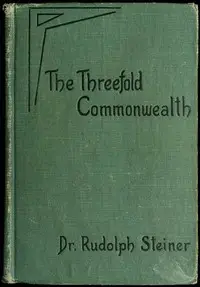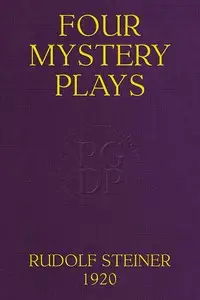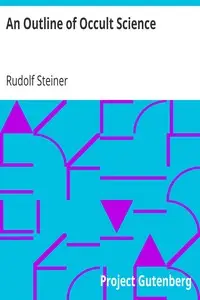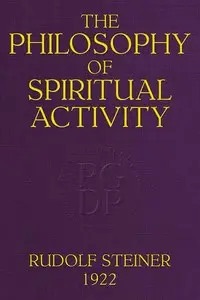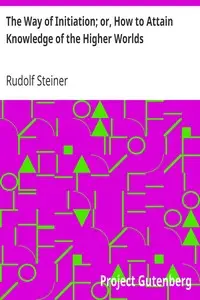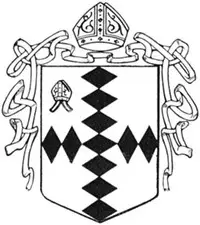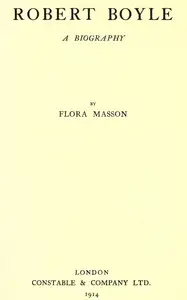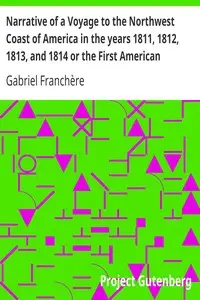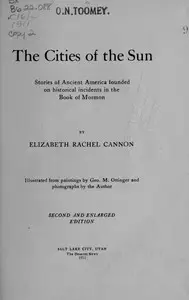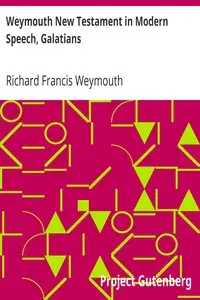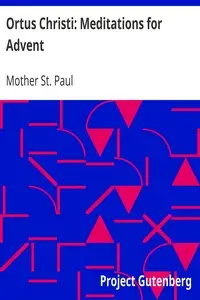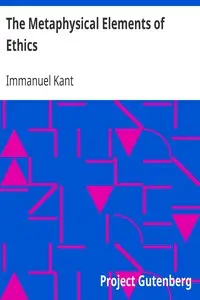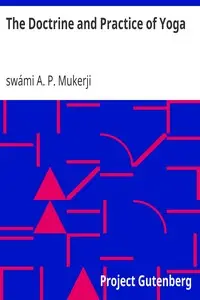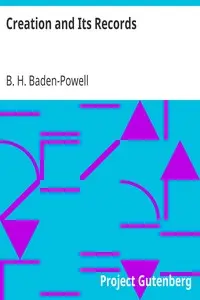"Christianity as Mystical Fact and the Mysteries of Antiquity" by Rudolf Steiner is a philosophical exploration written in the early 20th century. This work endeavors to illuminate the mystical origins of Christianity by connecting its roots to pre-Christian mysticism, asserting that a deeper understanding of its spiritual essence can only be achieved through mystical contemplation. Steiner argues that Christianity evolved not merely as a continuation of earlier beliefs, but as an independent revelation shaped by underlying mystical truths inherent within human spirituality. The opening of the text sets a contemplative tone, addressing the influence of modern natural science on spiritual thought and the struggle of the human soul to find genuine spiritual sustenance amidst this materialistic perspective. Steiner outlines the historical context of Christianity and discusses the significant role of ancient mystical practices in shaping its core principles. He emphasizes that true knowledge of spirituality must arise not from superficial engagements with religious texts but from personal mystical experiences, likening this journey to an initiation into the mysteries that historically concealed deeper truths about existence and divinity. (This is an automatically generated summary.)
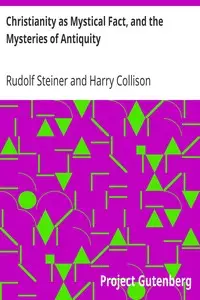
Christianity as Mystical Fact, and the Mysteries of Antiquity
By Rudolf Steiner
"Christianity as Mystical Fact and the Mysteries of Antiquity" by Rudolf Steiner is a philosophical exploration written in the early 20th century. Thi...
Rudolf Joseph Lorenz Steiner was an Austrian occultist, social reformer, architect, esotericist, and claimed clairvoyant. Steiner gained initial recognition at the end of the nineteenth century as a literary critic and published works including The Philosophy of Freedom. At the beginning of the twentieth century he founded an esoteric spiritual movement, anthroposophy, with roots in German idealist philosophy and theosophy. His teachings are influenced by Christian Gnosticism or neognosticism. Many of his ideas are pseudoscientific. He was also prone to pseudohistory.

